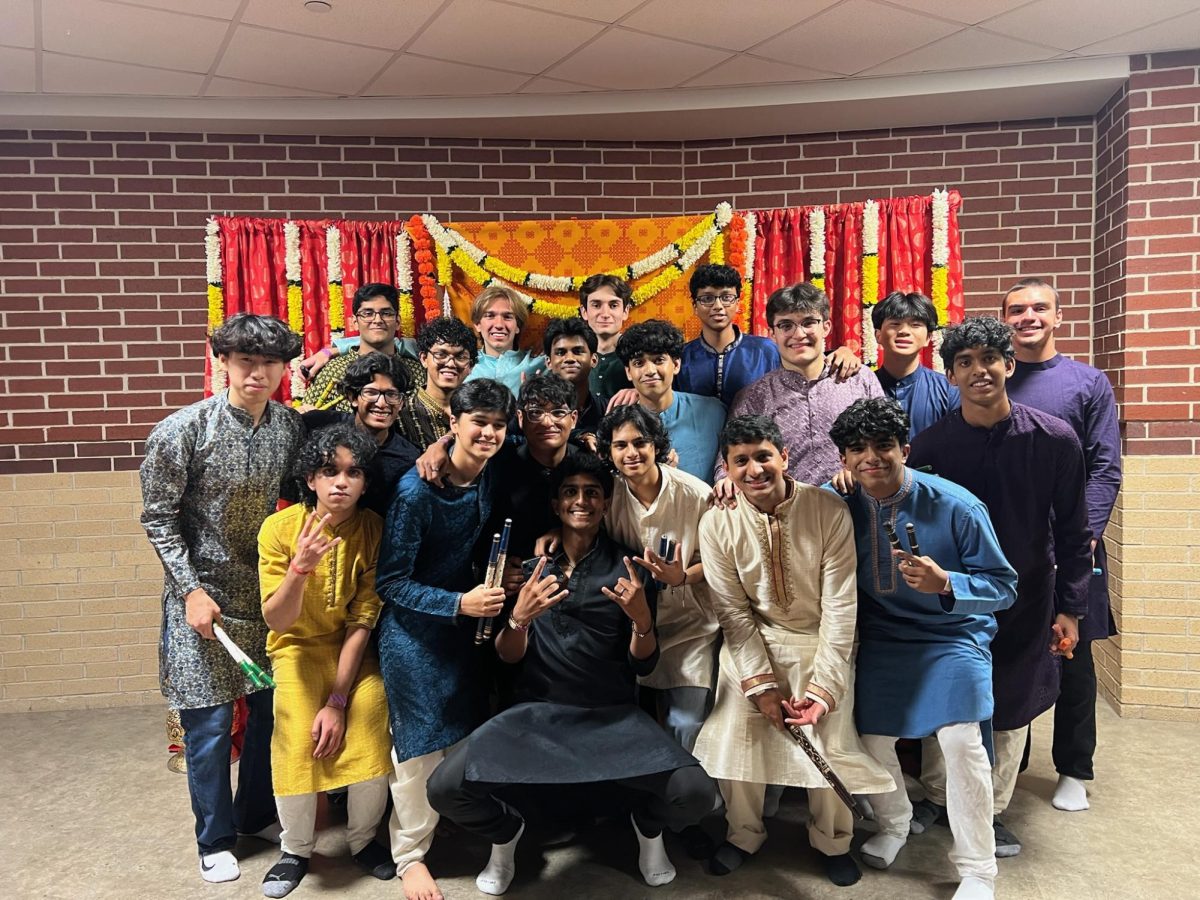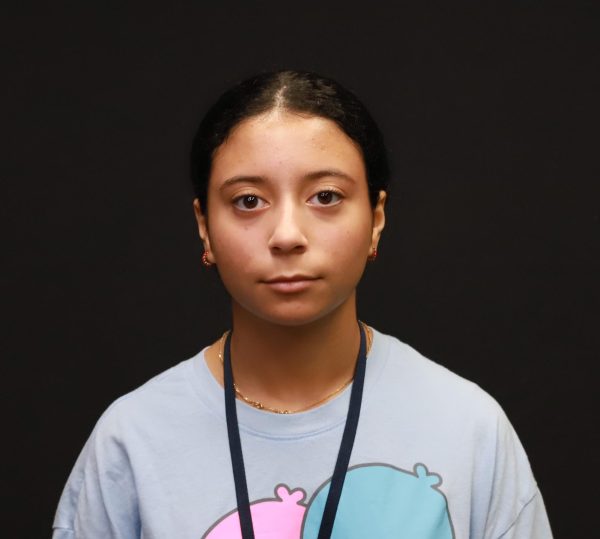Halfway through the first semester, most schools are hyped about the homecoming dance; however, the Indian Association of Seven Lakes hosts a special event that may even surpass homecoming in spirit. Garba is an annual dance that sports Hindu roots and has deep ties with Gujarati traditions. This unique gathering features dancing, refreshments— and most importantly, cultural exchange.
To understand the hype/emotion/excitement behind Garba, it is crucial to learn about Navratri. Navratri is a nine-day festival where the Gujarati go out every night and play Garba; Garba originally is a way to display devotion to the Goddess Durga. Usually, the Indian community tends to dress in traditional style clothes and attend festivals to celebrate their blessings and show their gratitude.
“When people pray, they’re always sitting down and chanting, but this is [a more] interactive way of praying to [our] God and being thankful for everyone,” Senior Nishita Pattanaik said.
This traditional heavy gathering includes specific dances that incorporate Dandiya sticks: colorfully decorated wooden sticks that are hit together in coordination with the beat of the music.
“My favorite tradition is probably the dancing,” Pattanaik said. “Especially because I personally love dancing and it’s a way to show my devotion to Goddess Durga.”
Garba is not only meant for celebrating the good times: it is often a way for people to bounce back from a struggle.
“A lot of Gujarati people came together during COVID and [celebrated] Garba and to thank the doctors that are helping all these people going through this tough time,” Pattanaik said.
Though the dance is primarily from Gujarati culture, many Gujarati have invited fellow Indians and even those foreign to the celebration to participate. This unique tradition has diffused and become a beautiful example of cultural appreciation.
This is a Gujarati tradition, and there’s a lot of culture in India,” Pattanaik said. “[Garba] shows that everyone can come together no matter what culture they’re from.”
This especially true for senior Alex Braverman, who has seen firsthand the impact of such a tradition.
“I don’t particularly have the religious connection, because I’m not Hindu,” Braverman said. “But I think it’s good to appreciate… other cultures and to learn more.”
From a curious perspective, Garba is a very interesting tradition; its history goes back centuries. Furthermore, the event also helps strengthen the bond between friends as they come together for a special occasion.
“I have a lot of friends who like to celebrate this and it’s [a] nice way for me to learn and connect with them,” Braverman said.
Garba is a complex tradition with a deep meaning and history, yet, it has thrived in a modern setting. This goes to show how essential it is to preserve cultures in every way possible.
“I think in America we’re really blessed [to] have so many cultures, and it’s important to learn about [them] because it really helps you in the future and it keeps you from being ignorant,” Braverman said.




